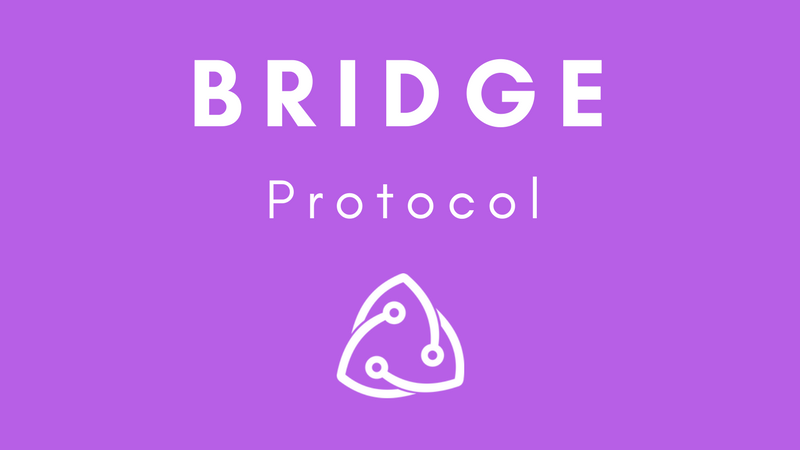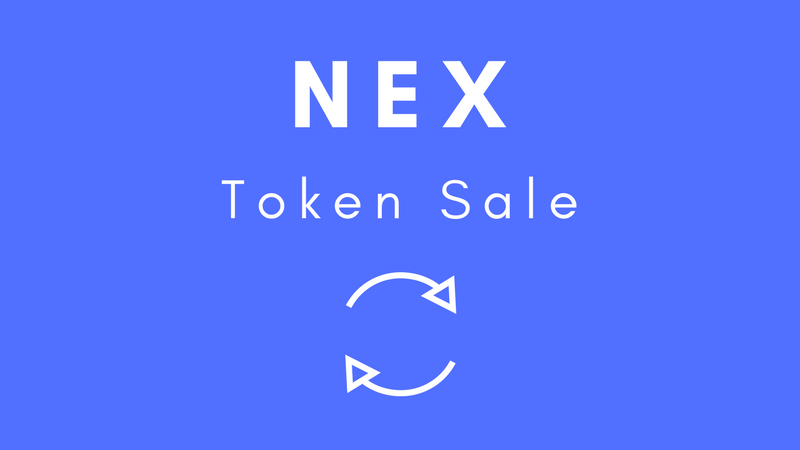
The Bridge Protocol token sale launched on February 22, 2018. Due to network congestion many participants encountered difficulty, however the Bridge Protocol team has remained engaged with the community and proactive in their efforts to remedy the issues.
Within hours of the Bridge Protocol token (IAM) sale launch, users began experiencing ‘script-hash errors’. These errors commonly occur if a user attempts to participate in a token sale from a NEO address that has not been included in the whitelist. On this occasion, the error was caused by the seed nodes becoming overloaded.
The issues were exasperated by participants attempting to submit transactions multiple times, creating extra congestion on the network.
The situation was further complicated by some users sending funds incorrectly. Despite Bridge having released a step-by-step guide on how to participate in the sale, many users failed to tick the ‘It performs verification’ checkbox’ on the Neon wallet when submitting their transaction. The verification checkbox integrates with the smart contract to verify that transactions are valid and perform automatic refunds on invalid transactions.
Users who did not select the verification checkbox were still able to send NEO to the Bridge wallet, however as verification was not enabled it would not trigger the minting of IAM tokens. These funds are required to be refunded manually. Furthermore, as each user was only allowed to participate in the token sale once, this error effectively locked their wallet addresses from being able to submit a new transaction correctly.
On February 23, Bridge addressed the community through a Reddit post, noting that the the NEO Contract was launched as expected and that a large percentage of participants were able to complete their transaction and successfully receive IAM tokens. They also announced that those who locked their wallets on the first day would be granted a second chance, and refunds would be issued promptly.
Users were able to request a refund by logging into the Bridge Protocol dashboard and by providing their transaction ID. Once completed, the NEO would be refunded to the original address listed in the whitelist.
The Bridge team proceeded to manually refund the failed transactions from the locked wallets and allowed users to submit a new wallet address to participate in the sale correctly. This process was broken down into multiple rounds to lighten the load on the network.
Following a call from City of Zion founder, Fabio Canesin, for projects using the NEO to support the infrastructure, the Bridge team announced the launch of 10 RPC nodes. These are seed nodes that provide public RPC endpoints, and are not related to consensus or security of the network. Red Pulse have also launched four nodes.
Since the addition of the new nodes, the IAM token sale has proceeded smoothly and Bridge has raised over $13 million USD. The sale concludes February 28th, UTC and all unsold tokens will be burnt.
For more information about the Bridge Protocol, visit their website, Facebook, Telegram, Reddit, Discord, or Twitter.







About The Author: Dean Jeffs
Dean is a digital project manager who has worked extensively with start ups and agencies in the marketing space. Fascinated by the potential applications of blockchain technology, Dean has a passion for realising the new smart economy.
More posts by Dean Jeffs